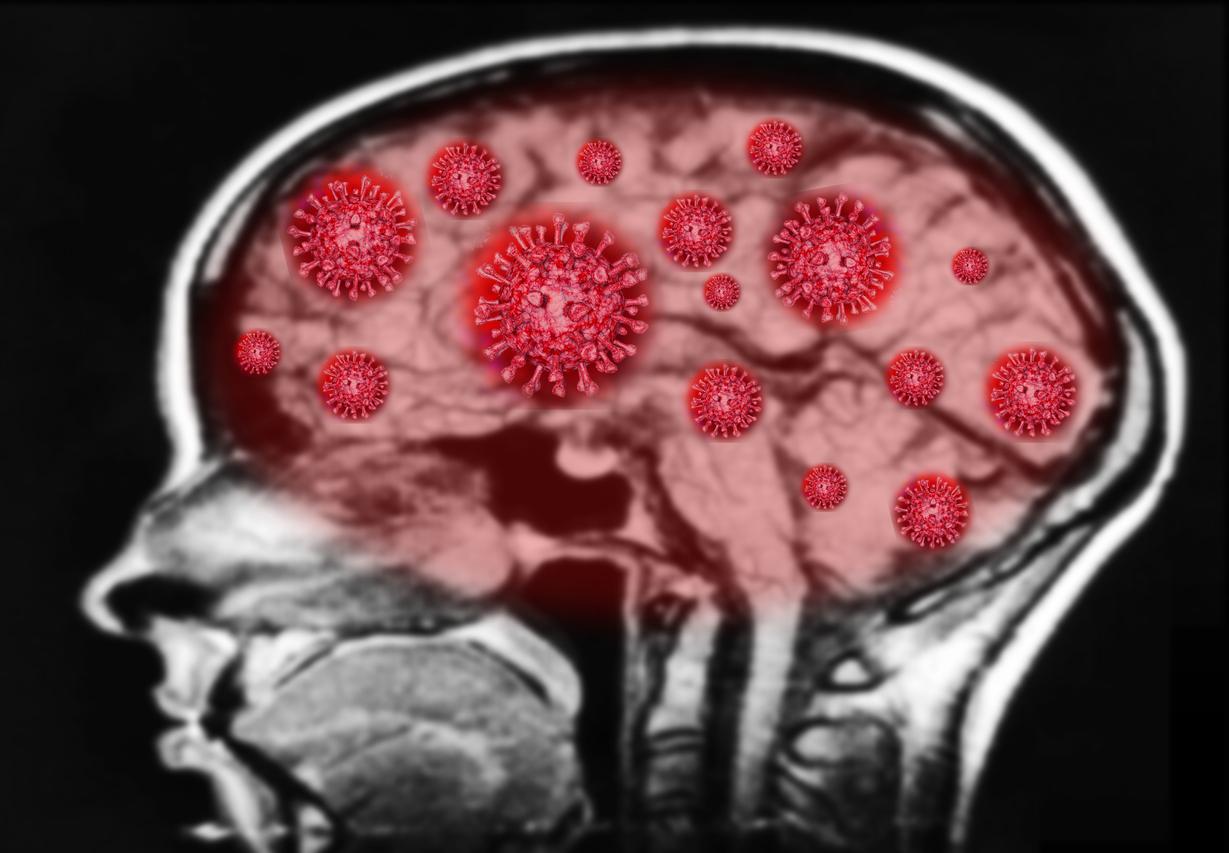The brains of gifted adults process information faster, due to their higher intelligence quotient. This specificity can have real repercussions on their daily lives.

- It is now considered that 2% of the French population is gifted.
- In the Gaussian Curve, giftedness begins at an IQ of 130.
2.3% of the French population have an intelligence quotient (IQ) higher than 130, i.e. slightly less than one person in forty, according to the government report “the schooling of intellectually precocious pupils”, submitted in 2002 to the Minister of national education. 130 is the commonly accepted benchmark for classifying an individual as gifted. This IQ is determined by verbal and performance tests. Around 100, the individual is within the norm. An IQ between 110 and 115 corresponds to normal schooling up to the baccalaureate. Below 80, on the other hand, schooling will not be normal.
This quotient must nevertheless be assessed according to its limits: it varies for a given subject according to age, the quality and type of tests, the situation, etc. But this quantified data remains useful, in addition to clinical examinations, to diagnose gifted patients. Apart from the intelligence quotient, what does this name really mean? How does it translate into the daily lives of these adults?
Information is processed faster by the brain
The high IQ of gifted people does not mean that they have more neurons but simply that they receive and process information faster than the rest of the population. Like everyone, these are registered by one or more of the five senses – sight, smell, taste, hearing and touch – but, in the gifted, they arrive more quickly in the brain. Once inside, they also circulate much faster. Gifted people are therefore not sick but have real differences – particularly at the level of perception and analysis – with other adults. These discrepancies have repercussions on their daily life, which differ from one individual to another.
Some gifted people do not feel differences from other people. They therefore have a life similar to most adults. Others, on the other hand, experience a feeling of being out of step, which can manifest itself in various ways and in different spheres of their personal and professional life. Negative side: discomfort and the feeling of not being like the others often come up in the testimonies of gifted individuals. But the positive points are numerous: thirst for learning, great memory, speed of analysis or even, in some, a capacity to marvel much stronger than the average.
In adulthood, only a psychologist can make the diagnosis
Many gifted people are diagnosed in childhood, but it is also possible to discover this specificity only in adulthood. Certain signs can alert those around you, such as hypersensitivity, a repeated state of anxiety or even very advanced perfectionism.
In case of doubt and embarrassment, it will be necessary to consult a psychologist, because it is the only practitioner authorized to establish this diagnosis. For this, he will carry out tests and a psychological assessment of the patient. But do not fear in the event of a positive diagnosis, many gifted people live very well. And if you don’t have one around you, you surely know some gifted public figures like Shakira, Emma Watson, Matt Damon or even Ben Affleck!
.

















